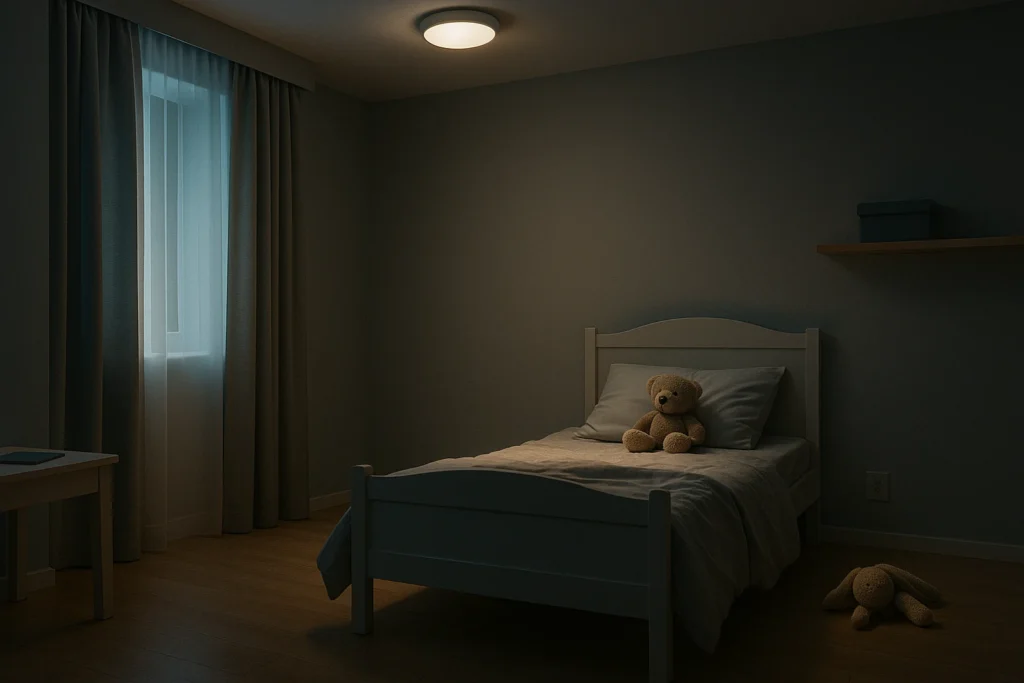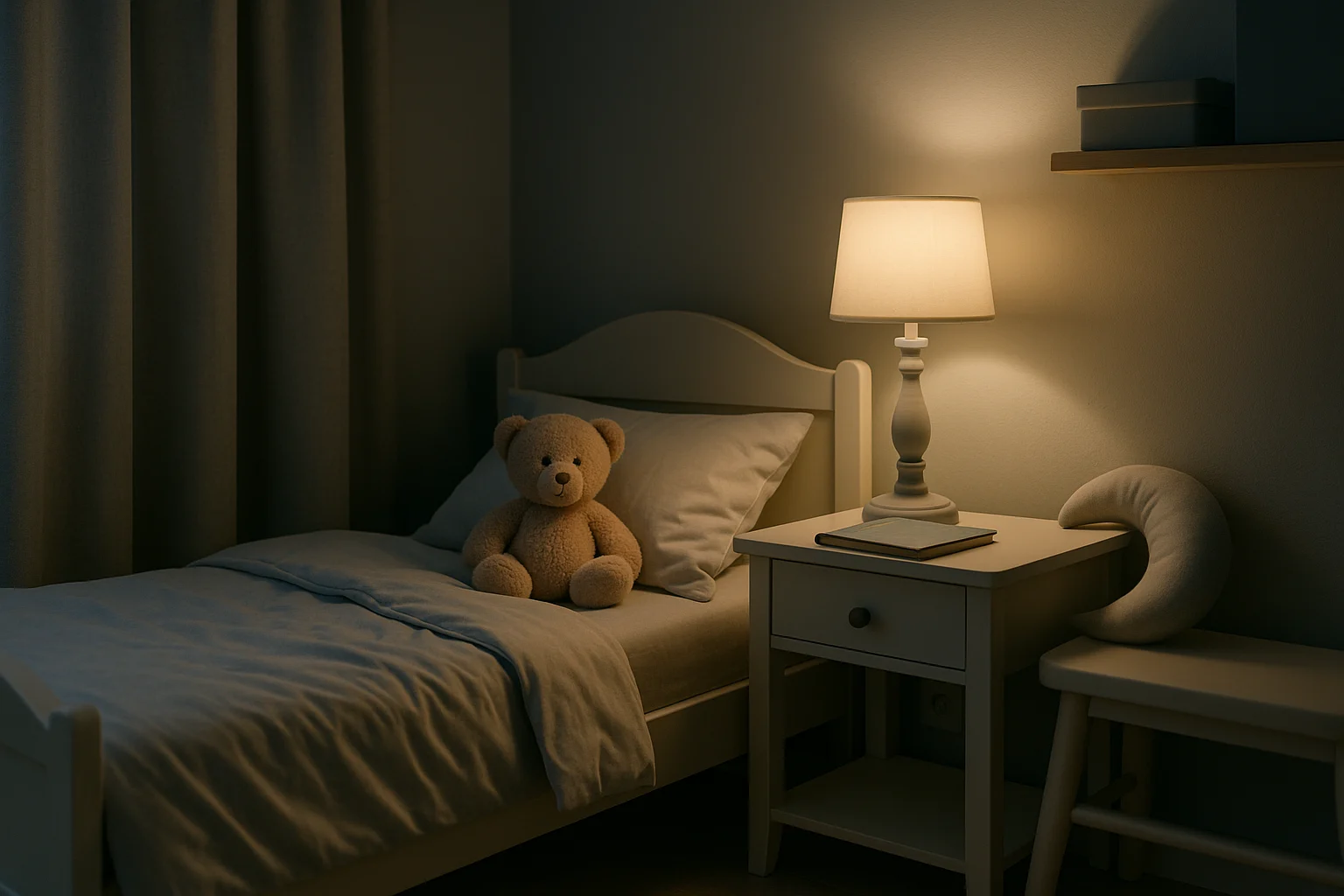Getting a good night’s sleep is crucial for everyone, especially children. However, sleep disorders can disrupt your child’s rest and lead to various health and behavioral issues. As a parent, understanding these disorders is key to helping your child sleep better and maintain their overall well-being.
In this article, we will delve into the common pediatric sleep disorders, their symptoms, and how they affect children. Additionally, we’ll explore various treatments and strategies for improving your child’s sleep habits.
Sleep disorders in children are more common than you might think. They can range from temporary issues like nightmares to more serious conditions such as sleep apnea. Recognizing the signs and symptoms of these disorders is the first step in ensuring your child gets the rest they need.
Common Types of Pediatric Sleep Disorders
Insomnia in Kids
Insomnia is not just an adult problem; children can also experience difficulty falling or staying asleep. It may be caused by stress, anxiety, or irregular sleep schedules. If your child frequently struggles to sleep, it might be time to investigate further.
Pediatric Sleep Apnea
Sleep apnea occurs when a child’s breathing is interrupted during sleep. This can happen due to a blocked airway or other medical conditions. Signs of pediatric sleep apnea include loud snoring, gasping for air during sleep, and excessive daytime sleepiness.
Restless Sleep in Kids
Restless sleep can be a sign of an underlying sleep disorder. Children with restless sleep might toss and turn, kick their legs, or have difficulty settling down at night. This can lead to daytime fatigue and difficulty concentrating.
Behavioral Effects of Poor Sleep
Lack of adequate sleep can have a significant impact on a child’s behavior and development. Poor sleep can lead to irritability, mood swings, and difficulty paying attention. Over time, it may even affect academic performance and social interactions.
Identifying the Signs of Sleep Disorders
As a parent, it’s important to recognize the signs that your child may be experiencing a sleep disorder. Common symptoms include:
- Difficulty falling asleep or staying asleep
- Snoring or gasping for air during sleep
- Nightmares or night terrors
- Sleepwalking or talking in sleep
- Bedwetting after being potty trained
- Daytime fatigue or hyperactivity
If you notice any of these symptoms, consider consulting a pediatrician or a sleep specialist for further evaluation.

Improving Children’s Sleep Habits
Establishing good sleep habits can help prevent sleep disorders and ensure your child gets the rest they need. Here are some tips for improving your child’s sleep habits:
Create a Consistent Bedtime Routine
A regular bedtime routine helps signal to your child that it’s time to wind down and prepare for sleep. This routine could include activities like reading a book, taking a warm bath, or listening to calming music.
Make the Bedroom Sleep-Friendly
Ensure your child’s bedroom is conducive to sleep. This means keeping the room cool, dark, and quiet. You might also consider using a white noise machine to block out any disruptive sounds.
Limit Screen Time Before Bed
The blue light emitted by screens can interfere with the production of the sleep hormone melatonin. Encourage your child to avoid screens at least an hour before bedtime to help them fall asleep more easily.
Pediatric Sleep Studies and Treatments
If your child’s sleep issues persist, a pediatric sleep study may be necessary. This study involves monitoring your child’s sleep patterns to identify any underlying disorders.
Possible Treatments for Children’s Sleep Problems
Treatment for sleep disorders in children depends on the specific condition and its severity. Some common treatments include:
- Cognitive Behavioral Therapy (CBT): This therapy can help address anxiety or stress-related sleep issues.
- Medication: In some cases, medication may be prescribed to help manage symptoms of sleep disorders.
- Surgery: For children with sleep apnea caused by enlarged tonsils, surgery may be recommended to remove the tonsils and improve breathing during sleep.
Working with a Sleep Specialist
A sleep specialist can provide valuable insights and develop a personalized treatment plan for your child. They can also offer guidance on lifestyle changes and behavioral therapies to improve sleep quality.
Conclusion
Pediatric sleep disorders can significantly impact a child’s health and development. By understanding the signs and symptoms, parents can take proactive steps to address these issues and improve their child’s sleep habits. If you have concerns about your child’s sleep, don’t hesitate to seek professional help. With the right support and treatment, your child can enjoy restful nights and brighter days.
Remember, a well-rested child is a happy and healthy child. Prioritize sleep and watch your child thrive.








